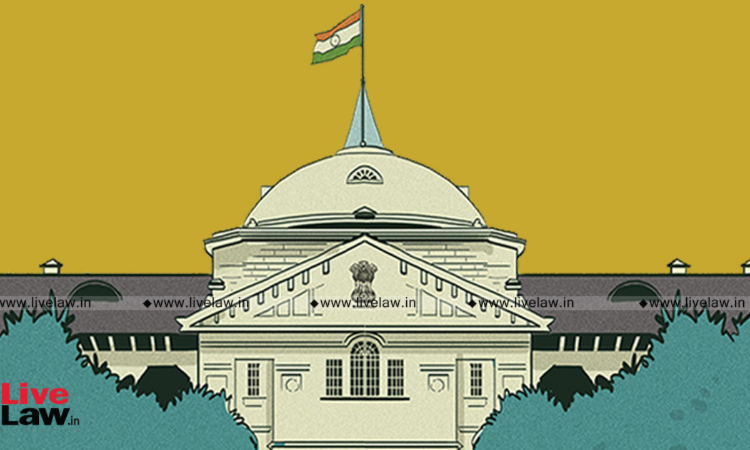Temporary/ Seasonal Employment Does Not Amount To ‘Unfair Labour Practice’: Allahabad High Court
Upasna Agrawal
8 July 2023 9:00 AM IST

Next Story
8 July 2023 9:00 AM IST
The Allahabad High Court has held that temporary/seasonal employment does not amount to ‘unfair labour practices’. Citing the judgment of the Bombay High Court in Bajaj Auto Ltd, Akurdi, Pune Vs. R.P. Sawant and others, a bench of Justice Kshitij Shailendra observed that temporary seasonal increase in work requires more hands to meet the situation. Once, work is completed or season is...
